| |
2015.03.02 18:30
2 March
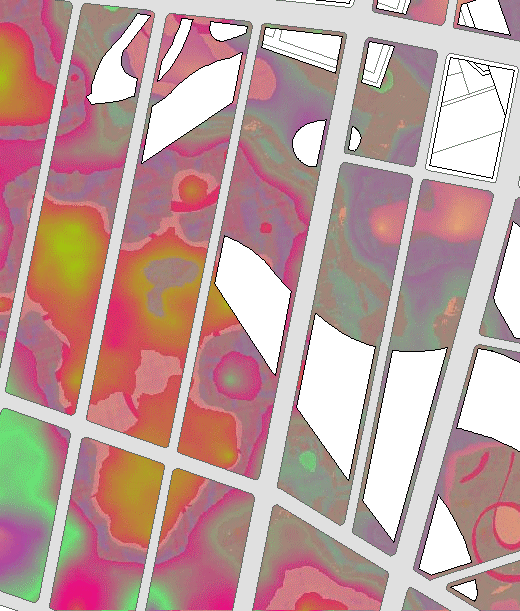
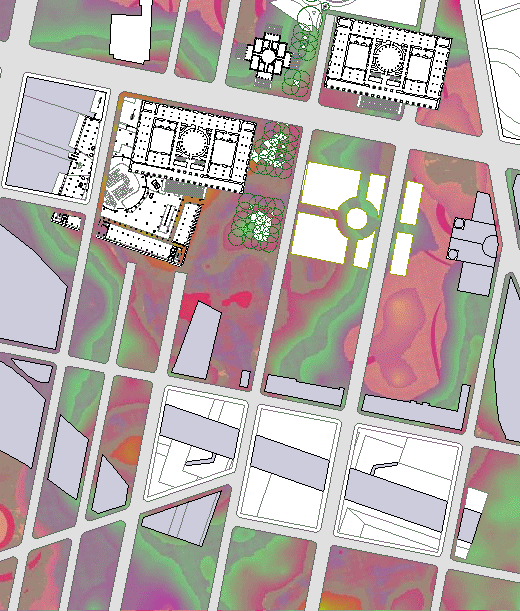
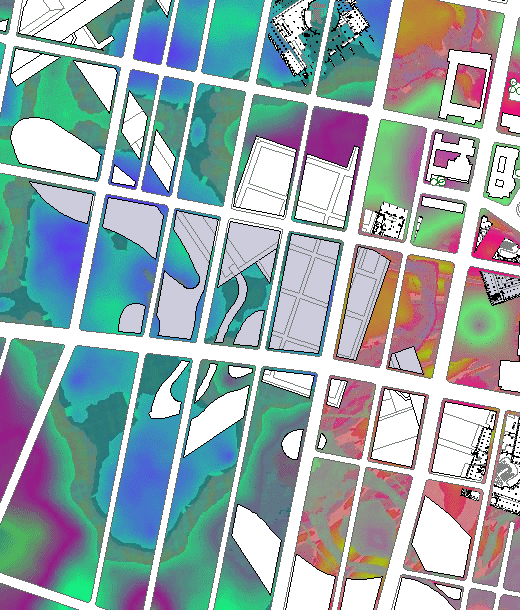
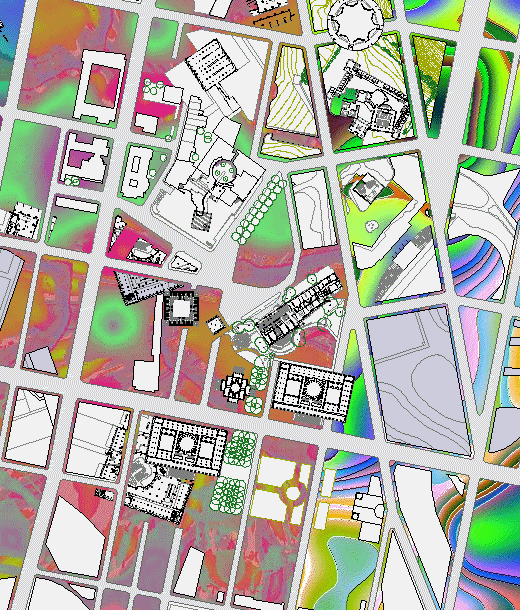
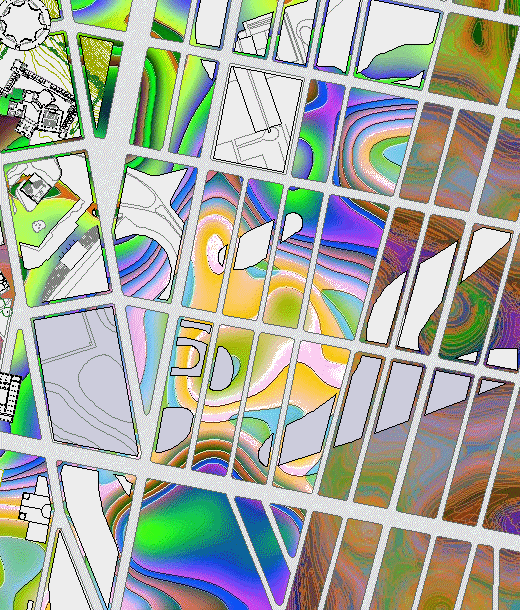
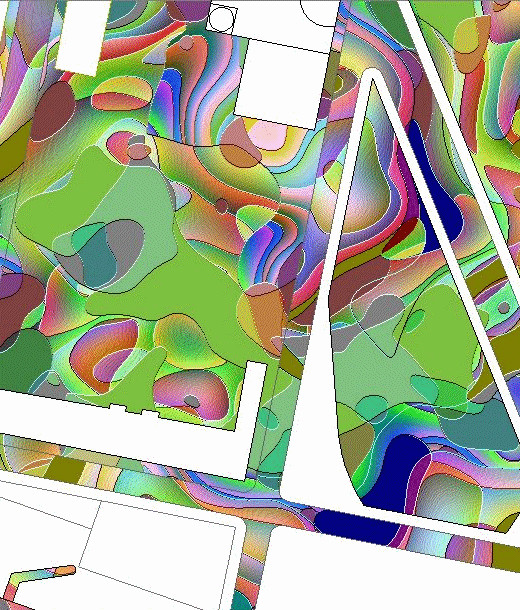
a few sentences I read (separately) lately:
We have to look at this stain again, but this time with the "foresight" of such figural certainty in mind, or its "phantasm," its phantasia in the Hegelian sense; for Hegel considered Phantasie an Aufhebung, and spoke of the movement of truth as a delirium of absolute translucidity.
Students of Hegel will perhaps hazard that Mr. D-H had in mind the passage from the preface to the Phenomenology where Hegel speaks of "the true" being "the bacchanalian whirl in which no member is not drunk."
This wizened sentence may be worth the belly laugh due anachronism, but its undigested spirit lingers on.
| |
2015.03.03 14:40
2 March
..virtually nauseating until I saw how most (not all) of the posts reflect personal comfort zones vs. personal discomfort zones. And then it became virtually nauseating again when individuals try to project their comfort zones as being somehow axiomatic. And then it got interesting again seeing how the implicit discomfort zones harbor the most inspiration.
Perhaps the Duchamp Inn (2017)...
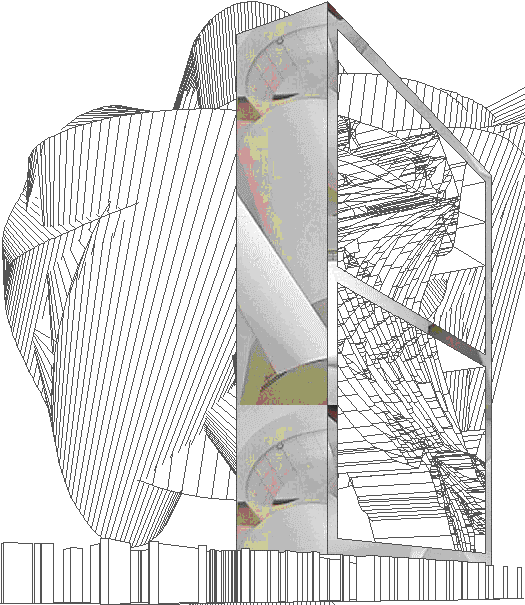
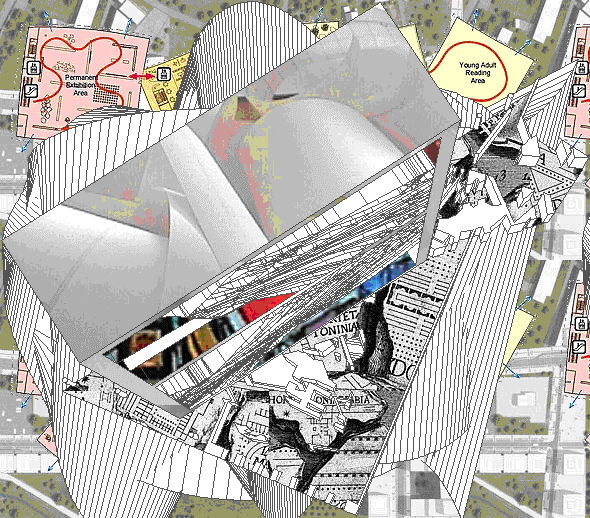
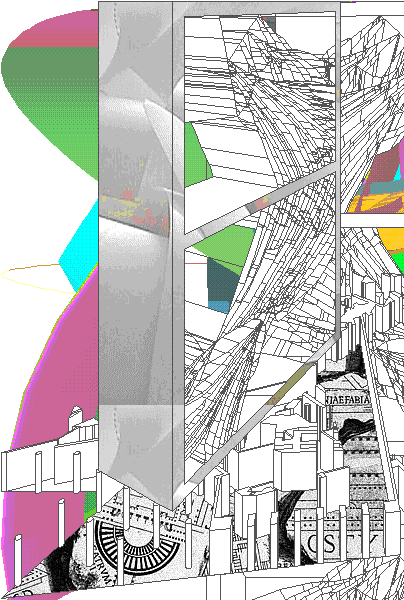
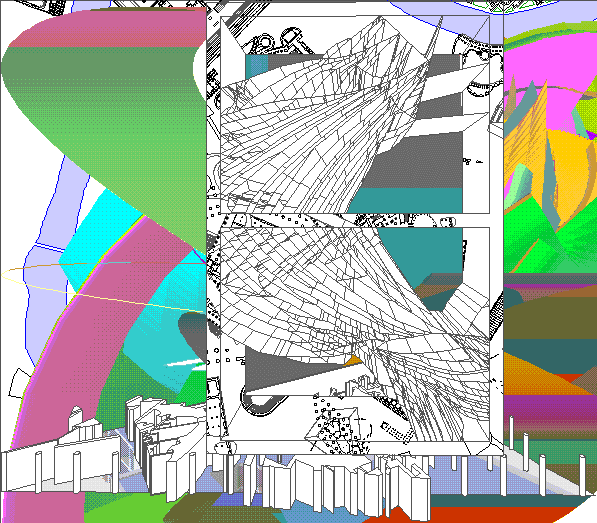
...will begin to be known as the Discomfort Inn.
Sign on the door reads, "Architects Pay Extra."
Yet Duchamp Inn is fully intended as architecture. Just like the intention here...
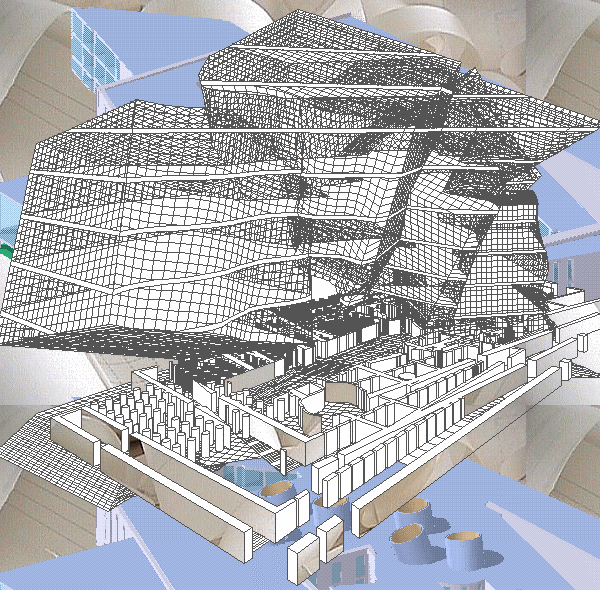
...is architecture.
Looks like my next project is to design a Comfort Zone Inn. Here's the program:
The Comfort Zone Inn is a behavioural state within which a person operates in an anxiety-neutral condition, using a limited set of behaviours to deliver a steady level of performance, usually without a sense of risk. A person's personality can be described by his or her comfort zones within a Comfort Zone Inn. A Comfort Zone Inn is a type of mental conditioning that causes a person to create and operate mental boundaries. Such boundaries create an unfounded sense of security. Like inertia, a person who has established a comfort zone in a particular axis of his or her life, will tend to stay within that Comfort Zone Inn without stepping outside of it. To step outside their Comfort Zone Inn, a person must experiment with new and different behaviours, and then experience the new and different responses that occur within their environment.
2015.03.03 20:35
2 March
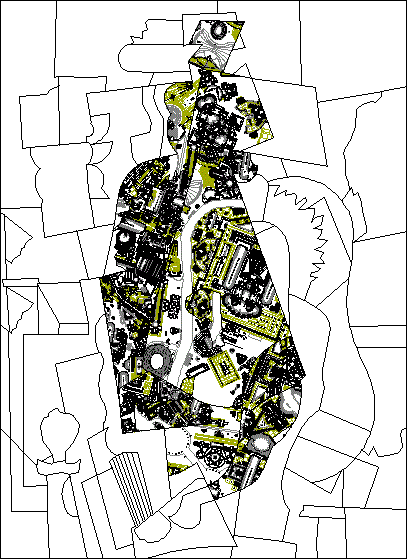
|